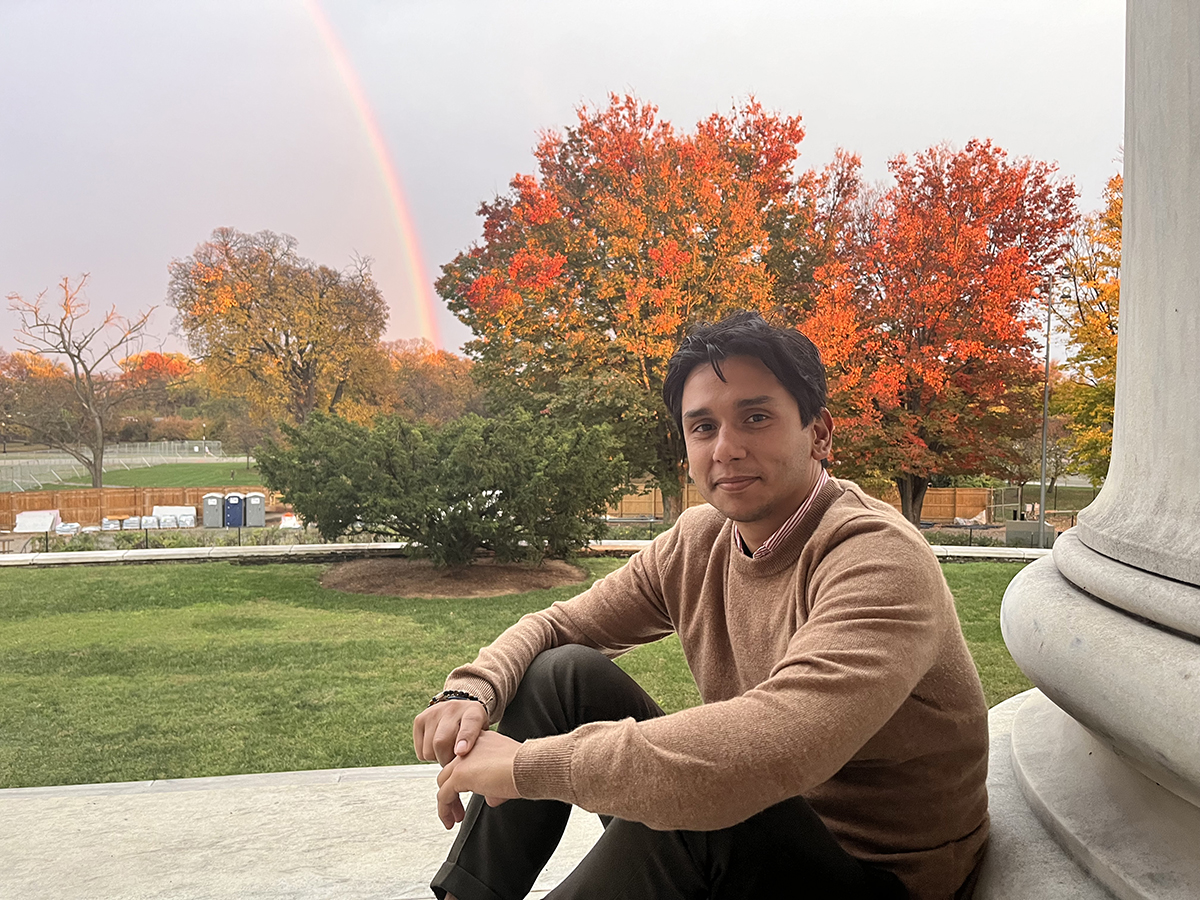
Giancarlo Tursi
My project explores the phenomenon of dialectal translations of Dante’s Divine Comedy in nineteenth-century, unification-era Italy. These range from translations of single cantos to translations of the entire poem and represent languages from every corner of the peninsula. What, I ask, are we to make of this phenomenon in light of the language politics of the period? Should we see these works as conspiring with the unification movement, familiarizing a linguistically diverse population—of which, it is reported, only 2.3 percent spoke the standard language—with this foundational work of Italian literature? Or is a more surreptitious gesture afoot such that, in recalling Dante’s own decision to write in Tuscan instead of Latin during the late medieval period, these translators could be seen as leveraging the poet for their own local cause? What emerges from my investigation is a portrait of a nation-in-translation with important implications for contemporary language politics.